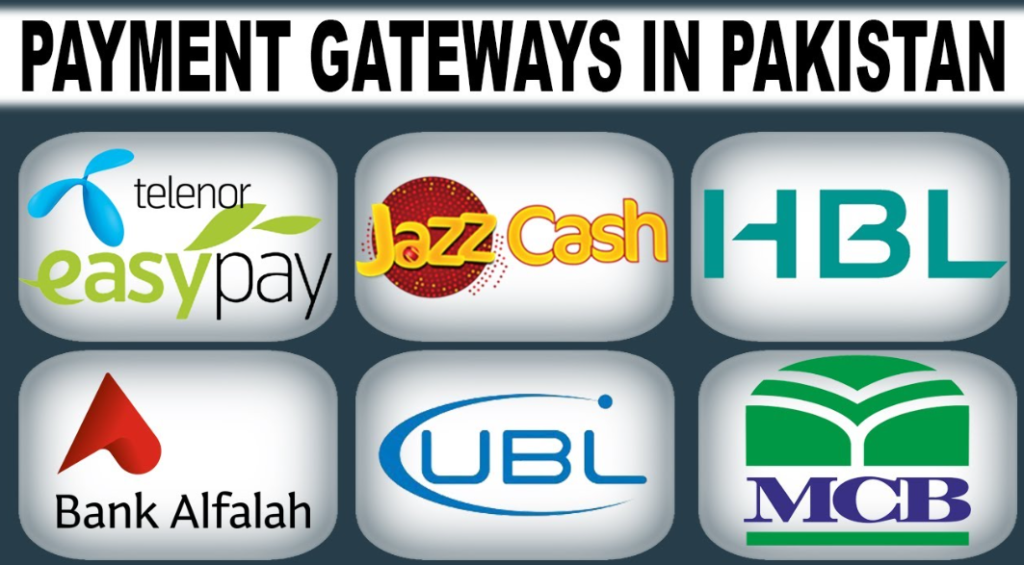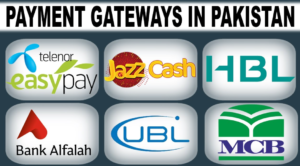
Online shopping in Pakistan has witnessed exponential growth in recent years, driven by increased internet penetration, smartphone access, and evolving consumer preferences. As more people turn to digital retail for their everyday needs, the demand for flexible and secure payment methods has grown rapidly. Whether someone is ordering fashion items, electronics, or groceries, having trusted and convenient payment options is essential to a smooth shopping experience. For instance, when shopping at DIVERSITY PK, customers are offered multiple ways to pay, reflecting the broader trends shaping the digital buying landscape in the country.
Most Popular Payment Methods for Online Shopping in Pakistan

1. Cash on Delivery (COD)—The Trust Builder
Cash on delivery remains the most widely used and preferred payment method in Pakistan. It addresses a core concern of many online buyers—the fear of fraud or receiving substandard products. By allowing payment only after the order is delivered, COD builds trust, especially among first-time shoppers or those unfamiliar with digital payments.
This method is particularly popular in rural and suburban regions where access to banking services or digital wallets is limited. Moreover, COD has helped businesses reach customers who are either unbanked or do not wish to disclose their card information online. Its simplicity and low-risk nature make it a foundational part of the eCommerce ecosystem in the country.
2. Mobile Wallets—Convenience on the Go
Mobile wallets have become a fast-growing payment option due to their convenience and ease of use. Services such as Easypaisa, JazzCash, and UPaisa allow users to store money digitally, transfer funds, and pay for goods and services without requiring a traditional bank account.
These wallets can be accessed through mobile apps and USSD codes, making them available even to users with basic feature phones. Customers can add funds via retail agents or link their bank accounts to their wallets. Many users appreciate how these wallets also allow utility bill payments, mobile top-ups, and peer-to-peer transfers, making them multifunctional.
For online shoppers, mobile wallets offer quick, hassle-free transactions, often accompanied by promotional discounts or cashback offers. Their growing acceptance by businesses has made them an essential part of the payment landscape.
3. Debit and Credit Cards—Trusted and Secure
Debit and credit cards issued by major banks are commonly used among tech-savvy urban consumers. Visa and Mastercard dominate this space, offering an extra layer of security through OTP (One-Time Password) verification and 3D Secure protocols. These cards allow users to pay directly through merchant websites without involving any intermediaries.
Although card usage is still less prevalent compared to COD or mobile wallets, it is gaining traction among professionals and frequent online shoppers. With the rising adoption of internet banking, more people are becoming comfortable entering their card details for online transactions.
Banks in Pakistan are also running awareness campaigns and reward programs to encourage the use of cards, often offering incentives such as points, discounts, or installment plans for big-ticket purchases.
4. Bank Transfers—Direct and Reliable
Another popular method is direct bank transfer, where customers manually transfer funds from their bank account to the seller’s account. This method is typically used for higher-value transactions, B2B orders, or custom purchases.
Though slightly more time-consuming than digital wallets or cards, bank transfers are considered secure and reliable. Customers often send a screenshot or transaction ID to confirm payment, and sellers dispatch orders after verification.
While not the top choice for everyday retail purchases, direct transfers continue to play an important role in Pakistan’s digital commerce space, especially in cases where businesses don’t offer automated payment processing.
5. Buy Now, Pay Later (BNPL)—An Emerging Trend
Buy Now, Pay Later services are gradually gaining attention in Pakistan’s online retail market. These allow customers to receive goods immediately and pay for them in installments over time, often without interest.
Although still in the early stages of adoption, BNPL is expected to become a significant payment method, especially among young consumers who seek flexible spending options. Companies offering this service often conduct soft credit checks and provide payment schedules that fit the customer’s budget.
As more retailers begin offering this option, BNPL could reshape purchasing behavior, enabling users to buy higher-value items without the burden of upfront costs.
6. QR Code Payments—Simple and Contactless
QR code payments are another modern solution being adopted by both buyers and sellers. This method involves scanning a merchant’s QR code using a mobile wallet or banking app and completing the payment instantly.
QR codes are especially helpful in physical pickup scenarios or when dealing with small vendors. They reduce the need for card machines or complicated POS systems, offering a seamless and contactless way to pay.
The State Bank of Pakistan has been promoting digital financial inclusion, and QR-based systems are a cost-effective way to bring more businesses into the digital economy. With wider promotion and adoption, QR codes may soon become a mainstream method in the online retail sector.
7. Cryptocurrency—Not Yet Mainstream
While cryptocurrency is making waves globally, its adoption in Pakistan remains limited due to regulatory uncertainty and lack of widespread awareness. However, a small but growing number of tech-savvy users are showing interest in using crypto for cross-border transactions or international purchases.
Until clear regulations are established, crypto is unlikely to play a major role in local eCommerce, but it remains an area to watch for future developments.
The Importance of Offering Multiple Payment Options
For online businesses in Pakistan, offering diverse and secure payment options is not just a convenience—it’s a necessity. Consumer trust is built when customers feel they have control over how they pay. Retailers that limit payment options risk losing a large segment of potential buyers who prefer alternatives to credit cards or cash.
Businesses must also ensure that their payment processes are fast, secure, and user-friendly. Long load times, failed transactions, or lack of confirmation messages can quickly frustrate users and deter them from completing a purchase.
Conclusion
As digital commerce continues to thrive, the availability and adoption of various payment methods are shaping the future of online shopping in Pakistan. From cash-on-delivery and mobile wallets to credit cards and emerging solutions like BNPL, customers now expect choice, security, and ease in how they pay. Whether someone is a frequent buyer or a first-time visitor, offering reliable and flexible payment options makes the experience better for all. The next time you’re browsing for the latest trends or essentials, consider the convenience and peace of mind offered by modern payment systems—especially when shopping at DIVERSITY PK, where customer satisfaction is always a priority.

